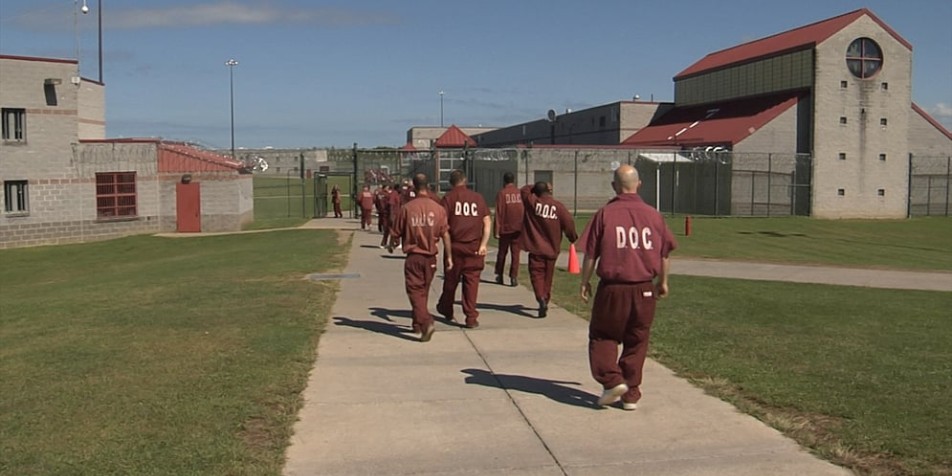Editorial: Keep more juveniles out of adult court

Pennsylvania is one of only 13 states with no limit on how young a juvenile can be tried in adult court and exposed to adult jails and prisons. In Lawrence County in 2009, for example, 11-year-old Jordan Brown was charged in adult court for the fatal shooting of his father’s fiancee. He was too young to shave but faced a mandatory life sentence.
The case was later transferred to juvenile court, before the Pennsylvania Supreme Court overturned the conviction in 2018, citing a lack of evidence. Even so, the case highlighted Pennsylvania’s harsh juvenile laws. Before the U.S. Supreme Court ruled in 2012 that life-without-parole sentences for juveniles are unconstitutional, Pennsylvania prisons held more than 500 juvenile lifers — the highest number in the nation.
Most juvenile lifers in Pennsylvania have been resentenced or released, but Pennsylvania state prisons, with nearly 39,000 inmates, still hold almost 1,000 people who were sentenced as juveniles, the Department of Corrections reported this week.
Not surprisingly, the effects of Pennsylvania’s juvenile laws have been skewed by race. In 2018, Black males accounted for 7% of Pennsylvania's youth population (ages 10-17), but 56% of youth charged and convicted as adults, the Pennsylvania Juvenile Justice Task Force reported. Racial disparities have been even more stark in Allegheny County.
Under a so-called direct-file law passed by Pennsylvania legislators in 1995, juveniles, ages 15-17, are automatically charged as adults for certain serious offenses, such as aggravated assault. For murder, adult charges are mandatory at any age. In Pittsburgh last month, 15-year-old Jaymier Perry was automatically charged as an adult in the fatal shooting of 16-year-old Derrick Harris. He, too, could face a potential life sentence.
Super-predator hysteria
Pennsylvania legislators passed the mandatory direct-file statute when many other states also were expanding laws that removed children from juvenile courts and placed them in the adult system. These laws were fueled by a racially coded hysteria during the 1990s that predicted a looming wave of young, vicious and remorseless “super-predators.”
The prediction of a super-predator epidemic was a costly mistake. So were the juvenile laws it inspired, including Pennsylvania’s automatic direct-file statute. It’s time to undo that law and let judges decide, based on individual circumstances, whether to try a juvenile in adult court.
